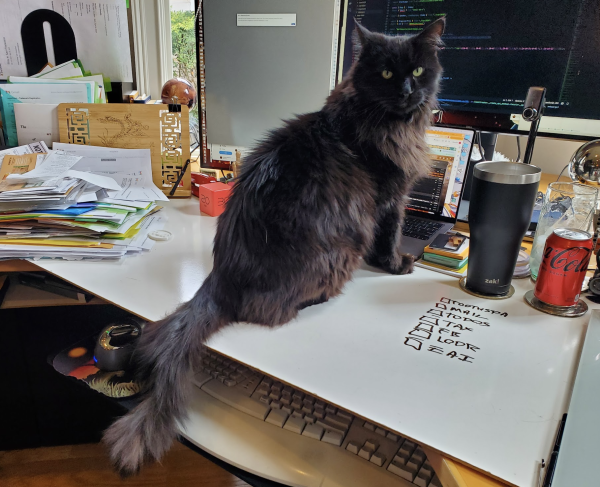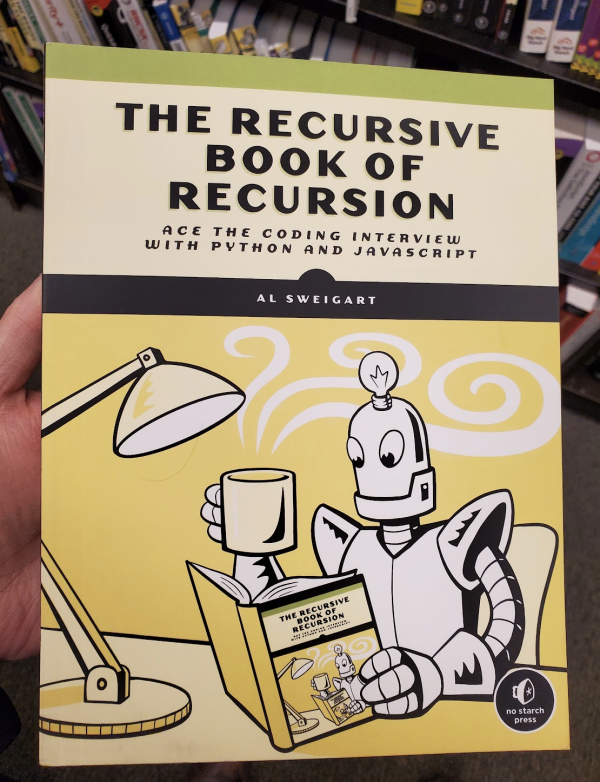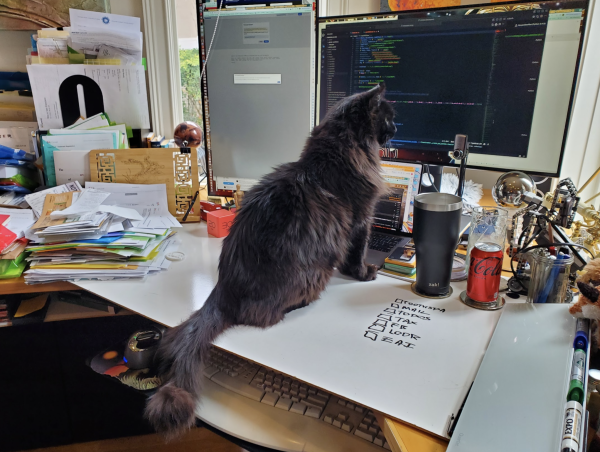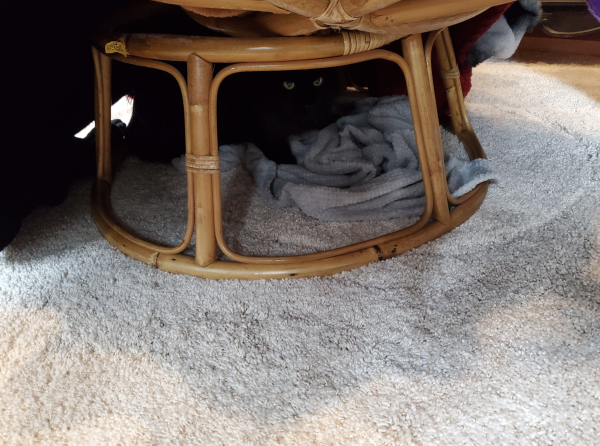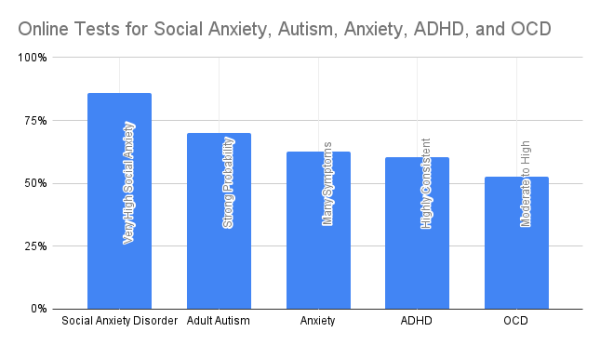
Okay, so some people are worried about me since I haven't posted in a while, so I thought I'd weigh in on what's going on - and explain why this will be the last update of the blog for a while, but hopefully, not forever.
As I mentioned earlier, I unexpectedly ran out of space to upload images to the blog - my reported quota was 35 gigabytes, but in practice the system craps out at 25. (And believe you me, it took a lot of debugging to figure that out).
This charming discovery happened right around the time that I spilled water on my laptop, which was a one-and-a-half week fix; that itself came in the middle of June, where I took 5 trips (Con Carolinas, the Nebulas, a Logical Robotics trip, CVPR/EAI, and Seattle) and was followed by July, where my wife and I, after almost five months of being mostly apart, had just two short weeks to catch up before her trip to go help her mother deal with the death of her stepfather. Not to mention the Unsolved Problems in Social Navigation Workshop, and The Neurodiversiverse copyedits and sensitivity edits. And Camp Nano, of course, far behind.
Good times, good times.
So, during all that, I didn't have time to update the blog's backend. Sorry.
Now, I've got a little free time, and I've started to do that - but it involves moving to a new provider, and that, itself, comes with a wrinkle. I'm going to have to copy all the data from the old provider, which is a painstaking process, since ~25GB and +25K files is far too large a file system for any normal FTP client to download without crashing. (And believe me, I've tried). So I have done the bulk of this copy now, but still have to verify that the files have correctly downloaded, which will actually involve writing a program to compare the trees, as I haven't found anything yet that will do that on a file tree this size over a connection this flaky.
Presuming success on that ... the next step is downloading the Library of Dresan database and migrating to the new provider.
So, if I blog any more here, I'm going to have to download that again. I already need to re-download this blogpost's image, as it wasn't in my first capture; but I wanted to test whether deleting the log files would have given me space to upload more images (it did). But downloading the database multiple times just because I can't stop blogging is a bridge too far.
SO! Until the migration is complete, I'm going to blog very sparingly, if at all. Sorry about that.
Hopefully it won't take too long.
-the Centaur
Pictured: A (mostly) vegan breakfast sandwich (except for the honey bread, since my favorite vegan bread was out at the store) - toasted bread, Just Egg, black salt and pepper, and two vegan patties from a new company whose name I can't remember; the ensemble of which always looks to me like a scream. Does that sandwich look right to you?













